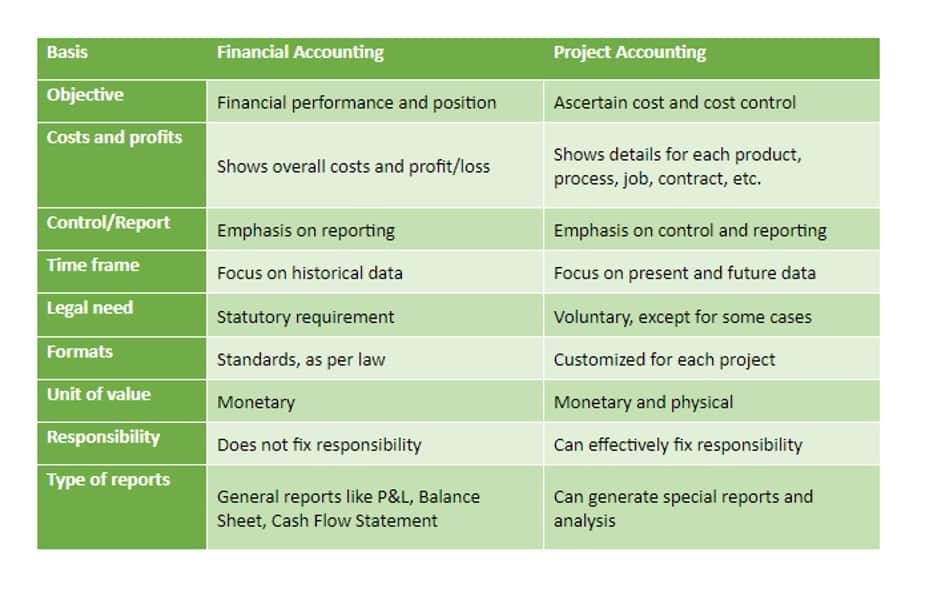
The allotted compensation can significantly impact employee retention and your business’ cash flow. A bookkeeper (who may also be referred to as a financial clerk) can do some of the work or all of it, but it is not likely that your school just needs someone on payroll rather than having both positions. Modified Payroll Bookkeepers With all of that said, let’s now take a look at the differences between them. Payroll and accounting are separate from a basic level, as they control different departments in an organization. Here’s what you need to know about these two roles to determine which one your business needs.
Keep records
- Here’s what you need to know about these two roles to determine which one your business needs.
- Payroll accounting refers to an organization’s record of an employee’s compensation, including benefits, payroll taxes and money deducted from wages.
- For some of the businesses that they do, accountants also need to be registered certified public accountants (CPAs).
- Accountants, on the other hand, tend to use the bookkeeper’s inputs to create financial statements and periodically review and analyze the financial information recorded by bookkeepers.
- Whether your business is large or small, you must have an understanding of your accounting needs.
- According to BLS data, the median salary for an accountant in 2023 was $79,880 per year or $38.41 per hour.
Some payroll providers offer supplemental services that go hand-in-hand with paying employees. QuickBooks, for instance, offers HR services, workers’ compensation insurance, and more by connecting business owners to partners. Up-to-date and accurate payroll, bookkeeping and accounting practices help set the foundation of a successful business. So, it is important to understand the difference between payroll and bookkeeping and how, along with accounting, they contribute to your financial health. Both bookkeepers and accountants need to pay close attention to detail and be able to make fast and accurate mathematical calculations.

Generate the trial balance and adjust entries

In conclusion, mastering financial management is essential for navigating the complexities of today’s business landscape and achieving long-term success. In conclusion, implementing effective financial strategies is essential for achieving success and sustainability in today’s competitive business landscape. Bookkeeping is a transactional and administrative role that handles the day-to-day tasks of recording financial transactions, including purchases, receipts, sales and payments.
Business Tax Expert (Remote/Seasonal)
Say you wanted to see how much you spent on employee payroll last year, as opposed to the year before. All the wages you’d be looking at are payroll expenses (i.e., wages that you have already paid). Recall our previous example of employees getting paid on January 17, from work they did January 2-15. On January 17, once employee wages are fully paid, those liabilities become expenses.
What is accounting?
You may need a payroll service or payroll software—and likely even a time tracking software—to manage that. Payroll liabilities, or payables , are amounts you currently owe, pertaining to your business’s payroll. If you’re using a payroll journal, you enter payables as credits because you are increasing the amount you owe.
- Payroll, a subset of accounting, specifically deals with employee compensation, including wages, deductions, taxes, and benefits, ensuring accurate and compliant payments.
- Instead of time-consuming manual payroll processes, some organizations opt for payroll software.
- At a minimum, an accountant must have a bachelor’s degree in accounting.
- Therefore, those who do not like math, get confused easily when making simple calculations, or are generally opposed to number crunching should not apply.
- It involves the summary, analysis, and interpretation of financial data.
- When it comes to managing the financial aspects of a business, there’s often a common misconception that accounting, payroll, and bookkeeping are interchangeable terms, all referring to the same thing.
- Rippling Spend removes the need for multiple systems, automates manual reconciliation, and provides control over company spend.
- A bookkeeper is skilled at keeping documents and tracks a wide net of financial information.
- Many experienced and knowledgeable bookkeepers honed their skills with on-the-job training.
- Payroll accounting keeps track of five essential payroll-related costs and obligations.
The process involves determining the primary items for payroll accounting and gathering payroll-related documents. This way, you can determine business-related expenses related to labor costs. Also, it allows you to determine payroll vs bookkeeping the cost of hiring more full-time employees, part-time workers, consultants or freelance contractors. According to BLS data, the median salary for an accountant in 2023 was $79,880 per year or $38.41 per hour. However, accounting firms charge substantially more than an accountant’s hourly rate because they must cover overhead costs and nonbillable time. Other factors that affect rates include an accountant’s experience, your state and the complexity of your accounting needs.
What Credentials Does a Bookkeeper Have?
While both are comprehensive payroll services, Gusto is known to be more scalable and user-friendly when it comes to startups and new ventures. QuickBooks integrates better with accounting software for a one-stop view of a company’s financial health and enables you to pay employees faster with same-day direct deposits in its top-tiered plan. Accounts encompass all financial transactions of a business, including revenues, expenses, assets, and liabilities.
Small Business Resources

Employers can better manage cash flow with ledger reports and analytics provided by the platform. These insights show how much cash flow and where money is flowing so you can determine the ROIs of certain departments or projects. While Gusto offers analytics, it doesn’t offer a ledger report as QuickBooks does.


It is not an unusual career move for a bookkeeper to gain experience at a job, study, get certified, and work as an accountant. Bookkeepers make between $50,000 to $81,000 annually; significantly less than accountants. There are critical differences in job growth and salaries between the two. Growth for accountants and auditors is expected to continue for the next several years.
